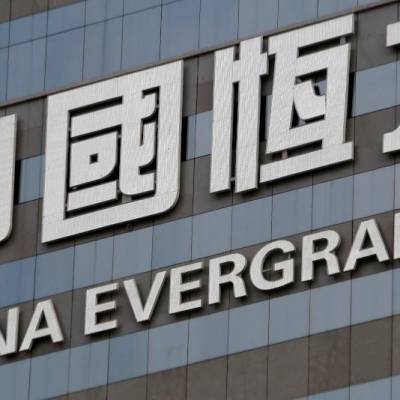

Builders and Resident Welfare Associations (RWAs) may be liable to pay Goods and Services Tax (GST) if they overcharge flat owners for electricity tariffs, according to recent reports. This development has significant implications for both parties involved and aims to ensure fair dealings in the real estate sector.
The GST Council has clarified that any additional charges collected by builders and RWAs on top of the actual electricity bill will be subject to GST. As a result, both builders and RWAs will have to carefully assess and ensure that the electricity charges levied on flat owners are not excessive or surpass the actual amount paid to the electricity provider.
The issue arose as some builders and RWAs were found to be charging inflated electricity tariffs to flat owners. This practice of overcharging not only violated the principles of transparency and fairness but also led to increased financial burden on residents. The GST Council's directive is aimed at curbing such practices and promoting a level playing field in the real estate sector.
Builders and RWAs typically include common electricity charges in the maintenance fees they collect from residents. However, any additional charge collected beyond the actual electricity bill will now be subject to GST. It is important for builders and RWAs to ensure that their billing practices are in accordance with the actual electricity consumption and charges paid to the electricity provider.
To comply with GST regulations, builders and RWAs may need to reassess their billing systems and avoid charging excess amounts for electricity tariffs. It is recommended that they maintain accurate records of electricity bills and charges to establish transparency and compliance in case of any audits or inquiries.
The GST Council's decision also underscores the importance of clear communication between builders or RWAs and flat owners. Flat owners should be made aware of the actual electricity charges being levied and any additional charges included in the maintenance fees. This will enable them to have a better understanding of their financial obligations and ensure that they are not being overcharged.
In conclusion, the introduction of GST liabilities for builders and RWAs serves as a crucial step towards promoting transparency, fairness, and accountability in the real estate sector. By preventing overcharging of electricity tariffs, both parties can foster trust and maintain a harmonious relationship with flat owners. It is imperative for builders and RWAs to adhere to the GST guidelines and avoid any undue financial burden on residents.